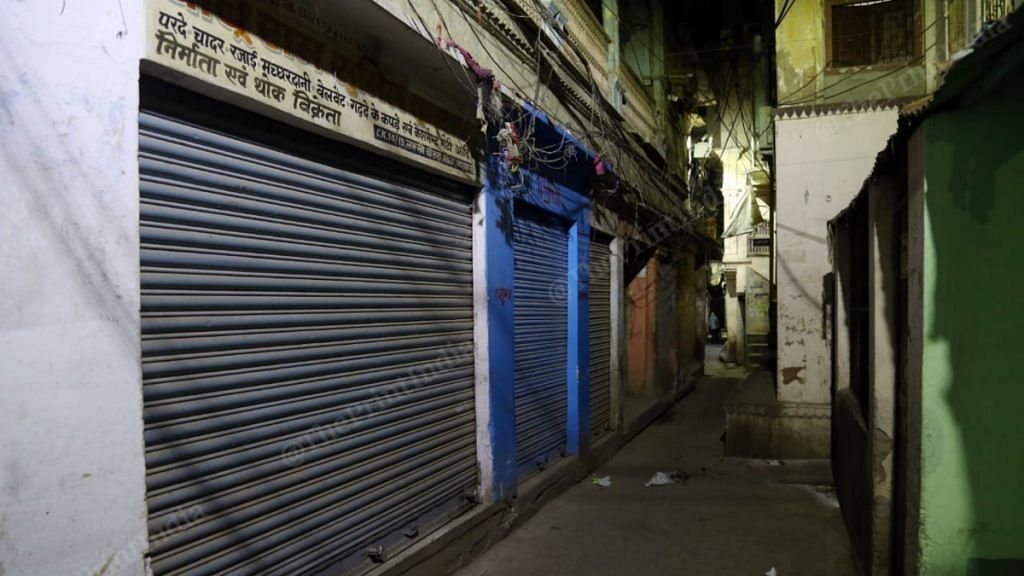Lucknow: The Yogi Adityanath administration in Uttar Pradesh has another plan up its sleeve to revive industry from the damage inflicted by the Covid-19 lockdown.
After exempting industry from all but three labour laws, the state government is planning a week-long loan fair for the setting up of new Micro, Small and Medium Enterprises (MSME), a sector that has been particularly badly hit by the lockdown. The loan fair will be held online from 14 to 20 May, UP government spokesperson and MSME minister Siddharth Nath Singh told ThePrint.
The state government has already issued instructions in this regard.
During the loan fest, Singh said, applications for loans will be accepted through the state’s MSME portal. “We had more than 20,000 applications with us even before the announcement of the lockdown. Now, we have taken the entire loan process online mode in order to speed up processing of loans. These loans will be made available through banks with whom we already have some tie-ups.”
According to Singh, the MSME sector can provide the maximum number of employment opportunities during these difficult times. Many foreign investors are already willing to invest in this sector in UP, he said, adding that he had recently held a video meeting with several business houses from the US, Japan and European countries.
Also Read: India to grow between 0 to -2%: Economists lower forecast as 3rd lockdown delays revival
Aim is to create 90 lakh jobs
There are a total of 90 lakh MSME units, both registered and unregistered, in Uttar Pradesh, the state government said in a press statement issued Sunday evening.
The statement quoted Chief Minister Yogi Adityanath as saying that, if just one additional employment opportunity is created in each of these units, there will be 90 lakh more jobs in the state. For this, he added, the ‘One District, One Product’ scheme will have to be promoted.
‘One District, One Product’ is a flagship scheme of the Adityanath administration that envisages government assistance to industries dealing in products or services that their districts are famous for, like leather in Kanpur and Banarasi silk in Varanasi.
Apart from the loan fair, the state government is said to be taking several other steps to ease the lockdown hit on the state economy. To accelerate the setting up of new units in the state, the UP government is discussing a proposal to issue NOCs (no objection certificates) on “automatic mode”, sources in the state government told ThePrint.
The proposal will spare aspiring businessmen the hassle of approaching multiple government departments by allowing online applications, the sources said.
The NOCs, it has been proposed, will be provided after the documents submitted are verified. The government is said to have instructed officials that if applicants adhere to the process, then all the NOCs, including environmental, should be issued within the prescribed time limit.
The steps follow the Yogi government’s decision to suspend all but three labour laws in the state for 1,000 days (three years) to alleviate the pressure being felt by industries. This was done through an ordinance issued Wednesday.
The steps come as the UP government grapples with the large-scale return of migrant labourers from cities around India, many of whom are reportedly reluctant to go back to their former workplaces amid a general sentiment that they were abandoned during the Covid-19 crisis.
The decision to suspend labour laws, Uttar Pradesh Labour Minister Swami Prasad Maurya said, was meant to protect the basic interests of the workers. The protections granted to them under some labor laws will remain intact, he added.
Also Read: Why India’s rural economy stands to gain after the lockdown is lifted
